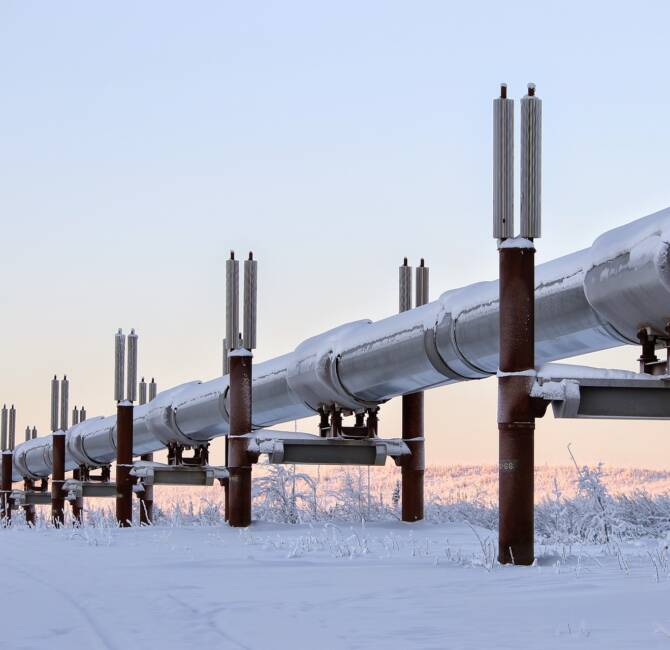Hungary – Despite the recurring conflicts between Hungary and the European Union’s institutions, there are still issues on which agreement can be reached. One of them is apparently the expansion of the Paks nuclear power plant.
On May 25, the Hungarian Minister of Foreign Affairs and Foreign Economic Relations, Péter Szijjártó, announced that the European Commission had just approved an amended version of Hungary’s contract with Rosatom for this expansion project, which had been negotiated in Moscow in April, saying:
“The contract amendment and the EU’s green light will enable the Paks units to be operational by early in the next decade, with the strictest nuclear regulations to be applied during construction. (…)
This new investment in Paks will ensure Hungary’s energy security in the long term.”
According to Minister Szijjárto, the amended contract will allow Hungary to speed up the construction of Paks 2.
Hungary’s decision to build a nuclear power plant dates back to 1966, when communist ruler János Kádár was in power. The plant became fully operational in 1987, with four VVER-440/V213 reactors having a total capacity of 2,000 megawatts as of today. In 2022 the Paks nuclear plant produced 44.7% of Hungary’s electricity, making it the country’s leading source of power. Its four existing reactors will reach the end of their operational lives between 2032 and 2037.
In 2014, Hungarian Prime Minister Viktor Orbán signed an agreement with Russian President Vladimir Putin to build two new VVER-1200 reactors of 1,200 megawatts each, the main contractor being Russia’s state nuclear energy corporation Rosatom.
The project has been delayed, especially over the past year, by EU sanctions against Russia, which were voted through – including by Hungary, despite its opposition in principle – following the start of Russia’s invasion of Ukraine in February 2022. The contract with Rosatom thus had to be renegotiated and had to receive confirmation from the European Commission that the modified contract is not in violation of the EU’s regulations.
Paks 2 was scheduled to be operational by 2025-2026. The German government, where the Greens have significant influence, has been trying to block the project, preventing Siemens Energy from delivering any components for it. This has prompted Hungary to cut ties with Siemens, from whom it will no longer be purchasing trains and other equipment in the future.
Germany’s attitude has also led to a rapprochement with France and the Framatome consortium. The latter has now been given the green light by Paris for greater French involvement in the Hungarian nuclear power plant.




